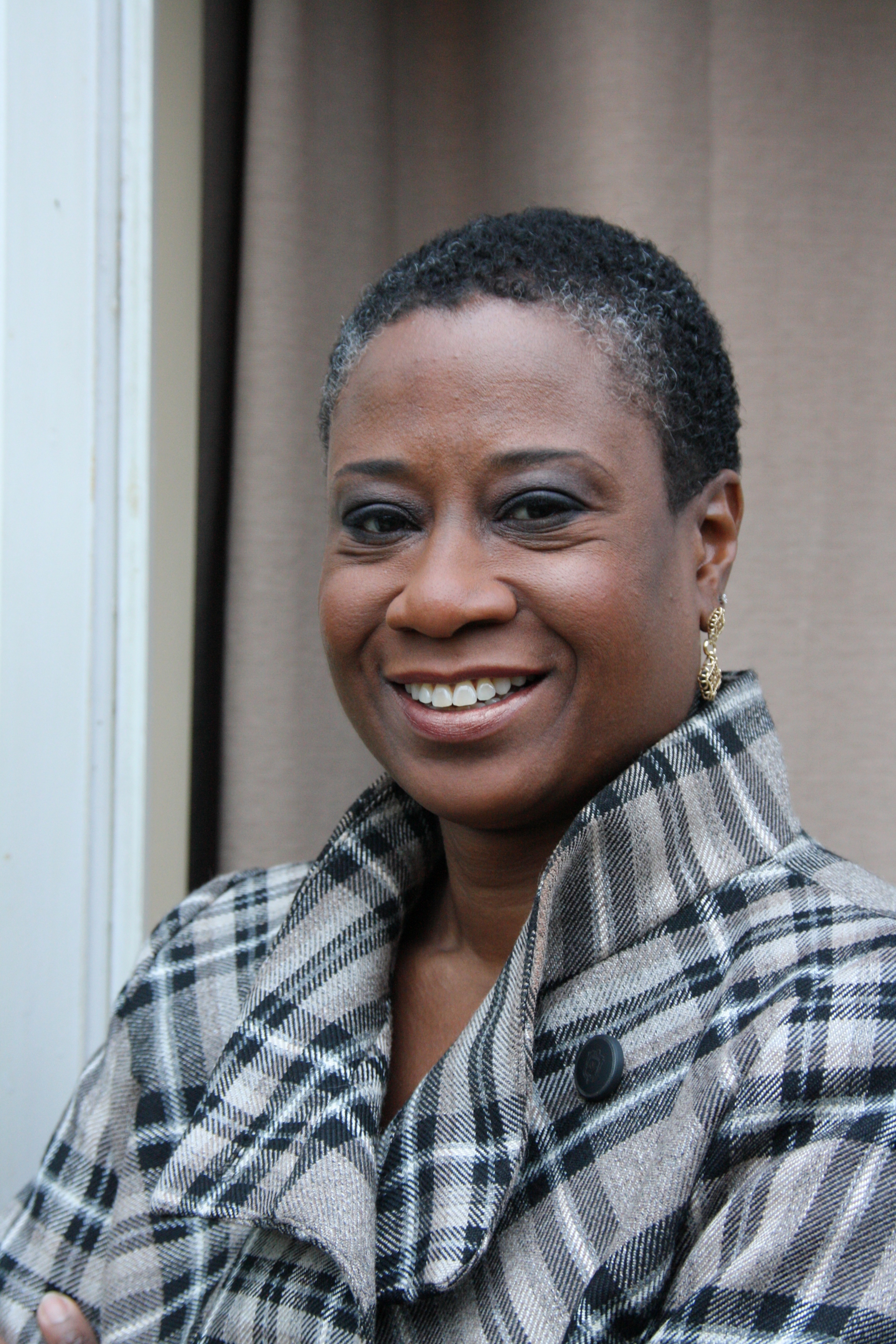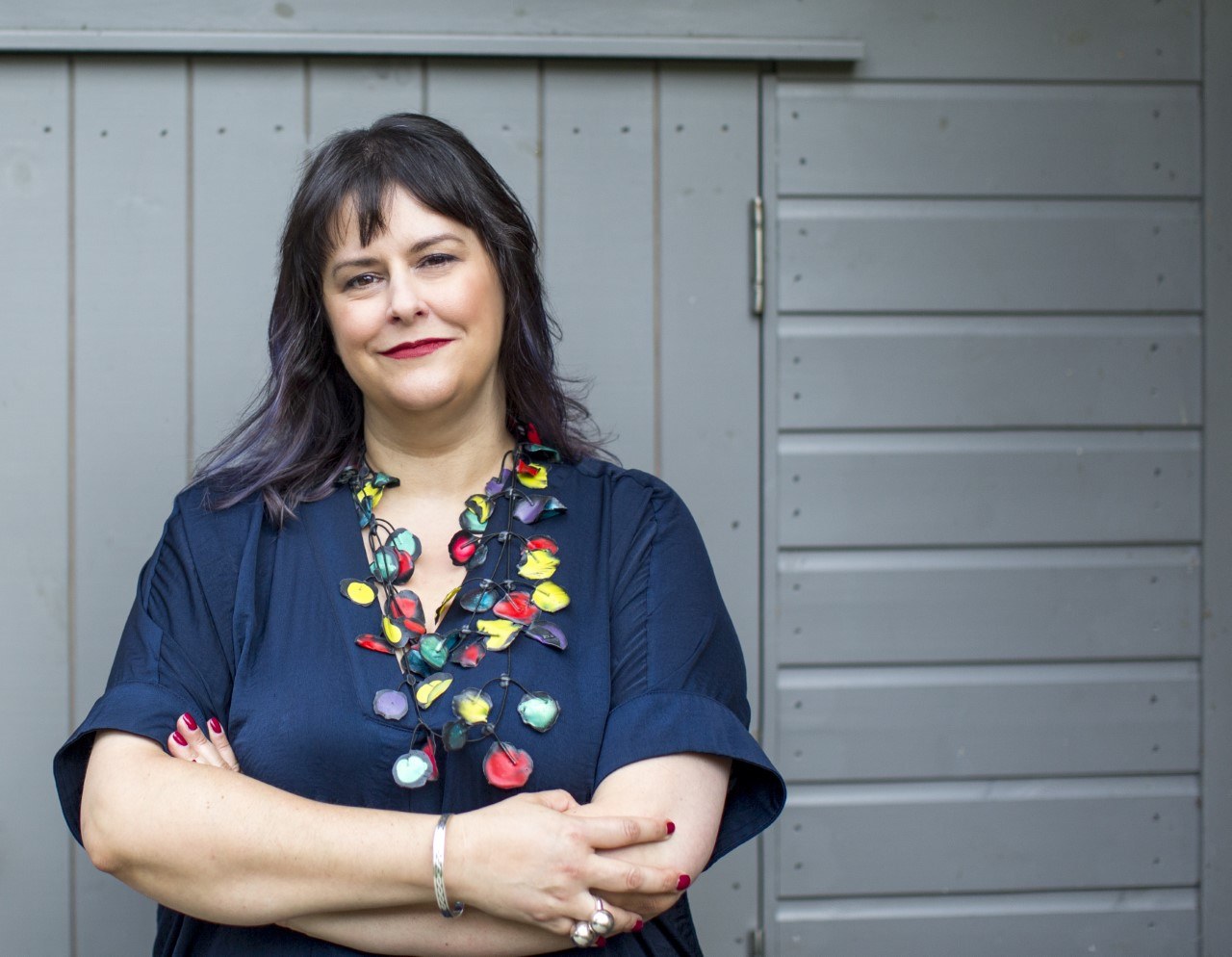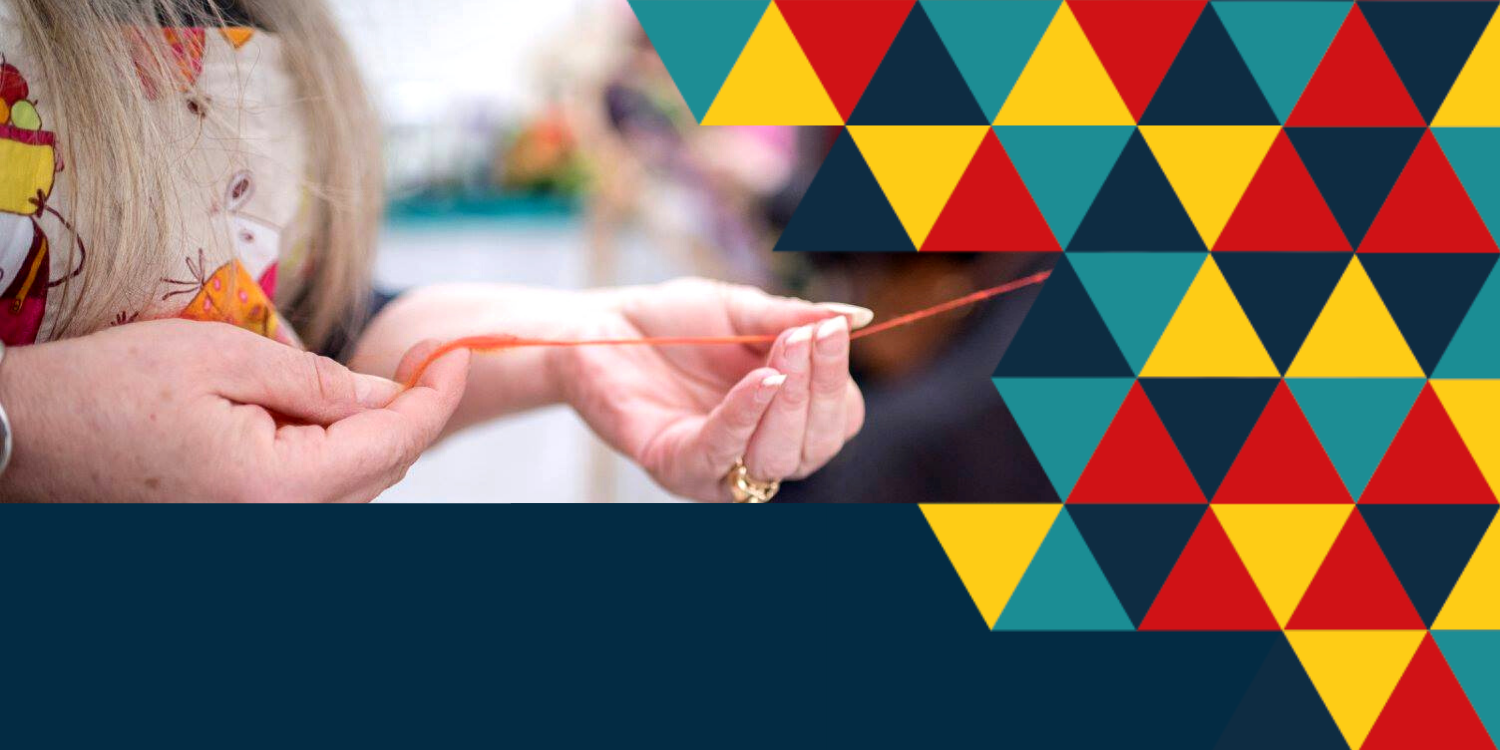What are the biggest governance challenges and opportunities as the sector responds to Covid-19 and the #BlackLivesMatter Movement?
For me, one of the biggest governance challenges I see relates to identifying how the sector can contribute to helping individuals, communities and organisations mobilise to address the fundamental issues and insights manifesting from these events. During uncertain and challenging times its very easy to get seduced into focusing on crafting clever and elegant “sound- bites” on what these issues are and binary suggestions on what needs to be done to address them. When what’s fundamentally required is to identify how we can catalyse individuals and groups, and provide them with tools and processes required to make the sustainable changes needed to move us forward as a society.
In terms of emerging opportunities, I am very, very conscious that organisations in the cultural sector have a number of challenges they currently face, especially around the basic issue of survival. That said, I would hate for the sector to miss an opportunity to explore ways that their efforts can help educate, raise awareness and contribute to addressing a wider range of societal issues such as inclusion/belonging, public health education, and fostering mental health in communities.
How has cultural governance changed in the last 10 years?
I would not purport to be an expert in governance in the cultural sector. However, I am struck by a couple of things I sense are shifts over the past 10 years, from the perspective of someone who is a “cultural consumer”. The first shift I have observed is around an increasing number of those in the sector making more deliberate and conscious efforts to move away from the notion of the arts being for a privileged few, to embrace a wider vision of how the arts and cultural efforts can engage and serve wider swathes of society. As well as help tackle a wider range of societal issues such as creating strong communities and growing, cultivating, empowering and developing individuals within those communities. For me a great example of this is what Marin Alsop was able to achieve via her OrchKids Initiative in Baltimore, Maryland in the US. I feel there is much that can be learnt about how she worked to achieve her aspiration to create social change, build a sense of community, support families and nurture promising futures for youth in Baltimore.
What can we learn from other sectors - in the UK and internationally - about good governance?
This may be seen as a controversial answer, but instead of focusing on learning from other sectors, I would like to encourage entities to first focus on asking “do we have the basics in place that allow effective governance to manifest and are we managing these basics proactively, effectively and consistently”? I see the “basics” as ensuring:
1) You have an appropriate structure in terms of how your organisation is set up.
2) There is clarity in terms of what the roles and responsibilities are of those on the Board.
3) That all board members understand what they need to do and/or watch for in terms of ensuring the financial health of the enterprise.
4) That there are strategic risk management and duty of care processes in place, and
5) That the board understand who their stakeholders are and how they need to be actively engaged in the development and execution of the organisation’s strategy.
I also believe it’s critical to ensure all board members have an aligned and active understanding what behaviours and mind-sets contribute to effective governance and board operation. This includes creating a board culture where individuals are open to receiving and giving constructive feedback to one another and, more fundamentally, have a clear understanding of what constructive feedback (and behaviour) looks like in practice.
What three words best describe the qualities that are needed in trustees?
Curiosity, a growth mindset, an openness to engage in self- evaluation and/or reflection about the impact of your operating style on your fellow trustees, the CEO, the Chair and on addressing issues the board is looking and/or needing to tackle as a collective.
Tell us about your first governance role. How did you learn the ropes?
My first governance role was as Student Body President or “Head Girl” at my High School in Denver, Colorado. This role not only required me to familiarise myself with “Roberts Rules of Order” (the body of ethics, rules, and customs governing meetings and other operations) but also forced me to put them into practice at every single student body representative board meeting. Being effective in this situation, or learning the ropes, involved gaining some basic knowledge about meeting governance, and then simply being forced to put that knowledge into action. This not only built my skills relating to effective strategic facilitation of group process and discussion, but also helped me to hone my skills around listening, open questioning, summarising, influencing, and being truly open to hear the positions/opinions and views of others.
It also gave me an opportunity to learn about the power of collaborative leadership versus command-and- control leadership. Driving impact and action through coordinating and“drawing power out” of others as opposed to by “exercising power over”others.
What governance challenges are you facing at the moment and what are you doing to overcome them?
My biggest current governance challenge I feel relates to my role at the London Business School Leadership Institute, where I am the Executive Director. Every day it forces me to “practice what I preach” engage with and work the basic areas I believe drive effective governance, including ensuring we have an appropriate structure, there is clarity in terms of what the roles and responsibilities are in the Institute, we understand what’s ultimately required to drive our financial health, and that those in the Institute have an aligned and active understanding what behaviours and mind-sets contribute to effective governance and Institute operations.
What advice would you give prospective trustees (or chairs) in the cultural sector?
Two pieces of advice come to mind that I’d offer to Chairs. First, don’t feel that spending time reflecting on the dynamics of the board of trustees is a waste of time. It is a critical issue that, when addressed, can really help accelerate board performance. What I mean by “reflecting on dynamics” is spending time, and creating practices to, review what the board is doing well, and what they could do to perform even better. Not only after every board meeting, but also taking a more strategic stance and thinking about how the board has operated across a financial year, using some type of board evaluation process.
Again, reviewing dynamics doesn’t mean focusing on the content of whatyou’re doing, but on the things that drive how you deal with the content.Exploring questions such as: are we listening to one another as effectively as we can? Do we have processes to ensure we hear from everyone on the board? Do people build on ideas of others during discussions? Are we creating the appropriate amount of time to discuss issues at the level we need to? Are we staying strategic enough in our conversation, or are we focusing too much on debating and offering suggestions on how to deal with operational issues in the organisation?
The second piece of advice is I know many Chairs feel giving feedback to Trustees is a “tricky” activity, or something to be avoided entirely! That said, the reality is if a culture of openness and feedback cannot be developed in a board, it will ultimately influence the effectiveness of the board and the impact it can have. Related to this is not to be afraid, anxious, and overcautious in spelling out to Trustees what you need and expect from them in terms of boardroom behaviour, and what that looks like in practice. Do take comfort in the fact there are feedback processes that exist that allow you to encourage productive behaviour in Trustees, in a way that is affirmative, specific, and focuses on what you’ve like to seem more of (as opposed to over focusing on what individuals are not doing).
We hope you’ll join Vyla and a host of other fantastic speakers at Governance Now 2020 — the flagship conference for culture sector trustees and professionals.
Governance Now takes place online from 5 November to 26 November 2020. Book tickets here.



